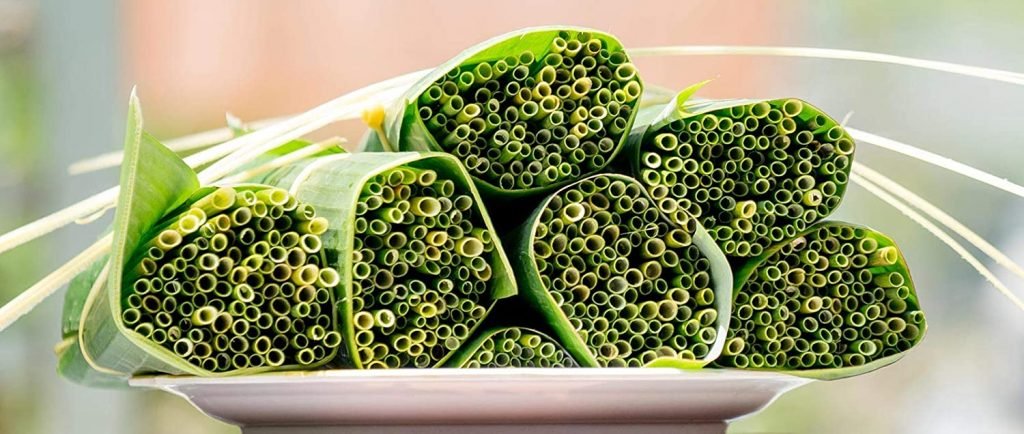Vietnam’s consumer market is witnessing a significant shift towards eco-friendly products, driven by increasing environmental awareness and a desire for sustainable consumption. As consumers prioritize green and clean items that meet quality certifications, businesses are responding by adapting their production processes and offerings to cater to this growing demand.
Consumers Prioritize Sustainability
According to a recent survey conducted by the Business Association of High Quality Vietnamese Products, 69% of consumers prefer products that are beneficial to their health or meet quality standards, while 45% prioritize products with traceable origins. Notably, 25% of respondents indicated a preference for products made using organic production procedures.This trend is further supported by a BigC report, which reveals that 31% of customers are willing to pay more for products that support environmental protection. As consumers become increasingly conscious of their impact on the environment, they are gravitating towards eco-friendly alternatives.
Businesses Embrace Sustainable Production
In response to consumer demand, many Vietnamese enterprises, particularly large companies, are shifting their focus towards environmentally friendly products. TH Milk Food Joint Stock Company, a pioneer in implementing the circular economic model, has implemented various sustainable practices throughout its production chain.By-products and waste from one process are utilized as input materials for another, ensuring that the life cycle of materials is maintained for as long as possible before being discharged into the environment. This approach helps minimize emissions and waste.Additionally, TH Group has replaced disposable plastic bags, spoons, and straws with eco-friendly bio-plastics. In 2022, the TH True Mart system reduced the total number of used plastic bags by 15%, equivalent to 19 tonnes of plastic. The company also aims to eliminate disposable plastic spoons completely, which is expected to reduce annual plastic waste discharge by 130 to 260 tonnes.
Emerging Trends in Sustainable Consumption
The shift towards eco-friendly products extends beyond just consumer goods. In recent months, a series of retail businesses, transportation services, food delivery platforms, and e-commerce companies in Vietnam have begun transitioning from petrol to electric vehicles (EVs).According to a study by Baemin, a food delivery service from South Korea, using EVs helps save fuel costs by 50% and reduces maintenance costs. If successfully implemented, this transition could help Baemin cut its operating costs by up to 30%.Baemin Vietnam CEO Song Jinwoo also noted that Vietnamese consumers are paying increasing attention to sustainable products made from recycled or reusable materials. There is also a growing preference for dishes that are low in fat and sugar but rich in fiber and nutrition, as evidenced by the 15% increase in the number of stores offering healthy products in the first half of 2023 compared to the same period last year.
Challenges and Opportunities
While the trend of sustainable consumption is gaining momentum, there are still challenges to overcome. The prices of eco-friendly products remain a dominant factor for many consumers, as they are often higher than conventional alternatives.However, as the economy stabilizes and demand for sustainable products surges, more suppliers are expected to enter the market, making these products more accessible and affordable. Additionally, the recent Law on Environmental Protection in Vietnam has introduced new regulations regarding the responsibility of manufacturers to recycle and reuse products, further incentivizing businesses to adopt sustainable practices.
Conclusion
Vietnam’s consumer market is undergoing a significant transformation, with eco-friendly products taking center stage. As consumers prioritize sustainability and businesses adapt their production processes to meet this demand, the country is poised to lead the way in sustainable consumption. By embracing this trend and investing in innovative solutions, Vietnam can not only reduce its environmental impact but also position itself as a global leader in the eco-friendly products market.

